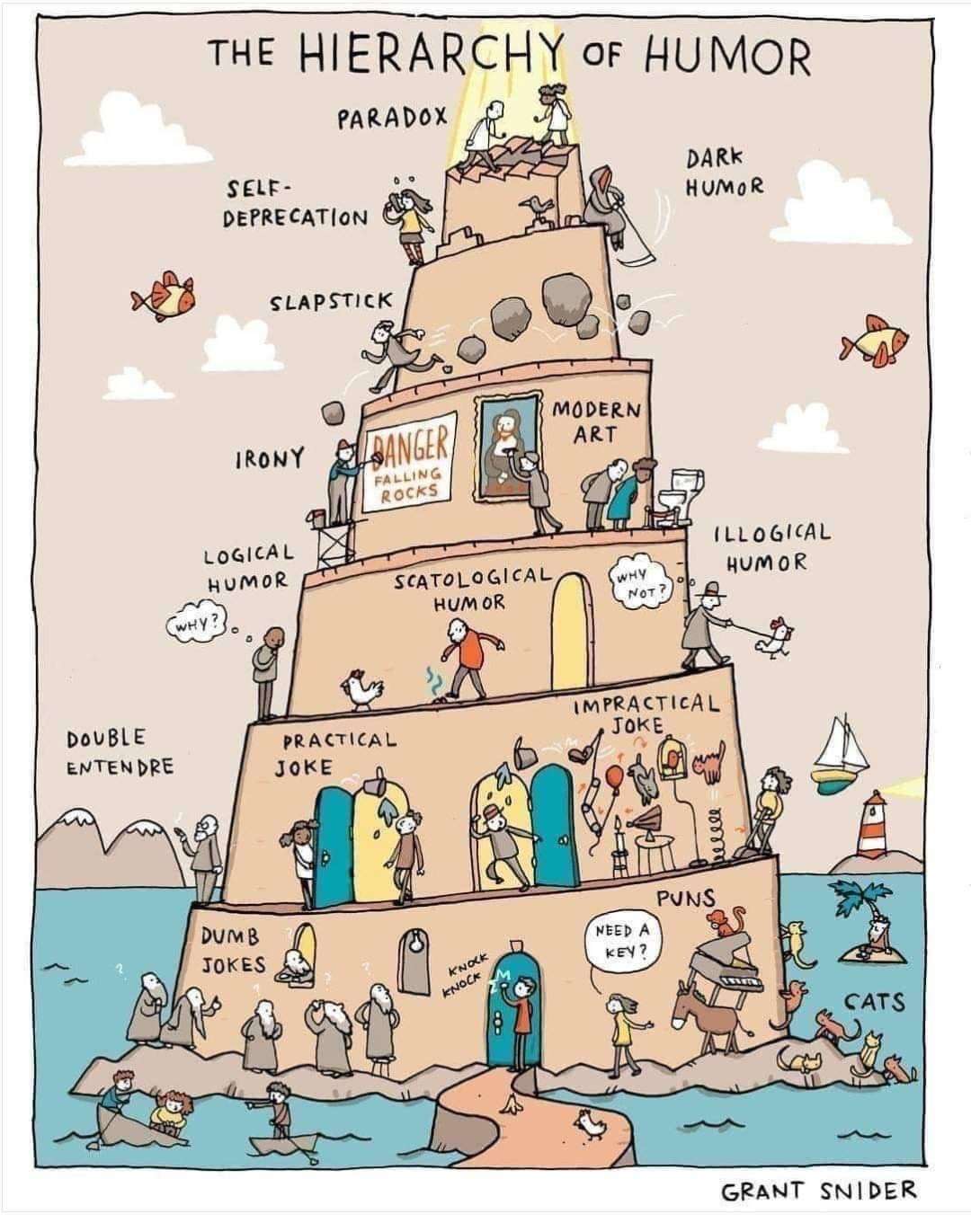A thought exercise:
What if we reclaimed culture as the soil and humanism as the seed? (Defining culture as: the daily habits, stories, and rituals that hold us and humanism: the values that guide how we use those habits — to welcome, not exclude).
What is thought of as culture – the parades, folk costumes, and regional holidays – is superficial. Digging deeper, culture is:
Memory → It keeps stories alive. Without culture, things get erased. (Think about how enslaved Africans preserved language through music and rhythm, or how Indigenous peoples keep traditions alive against colonial erasure.)
Meaning → It gives people a “why.” Even everyday rituals (like coffee at 3 pm in Norway) are cultural glue — they tell people this is who we are, this is how we connect.
Belonging → Humans need shared codes. Culture provides that shorthand — songs, jokes, food, dress — that signals, “You are one of us.”
Resistance → Culture is also rebellion. Think punk, rave, hip-hop, drag. Culture lets people who do not fit into the mainstream carve out their own meaning and identity.
At its best, culture is about connection and resilience. At its worst, it can slip into nationalism-lite (or even full-blown nationalism), when it becomes about “protecting purity” and excluding outsiders. That is when the “who belongs” question gets weaponised.
Cultural gatekeeping is gruesome. This is where culture is treated like a clubhouse, and only those who are the “right” kind can decide who is allowed inside. The “wrong” kind tends to be racist, classist, ableist, xenophobic and homophobic.
Here is the irony: the same outsider status one receives for being autistic, disabled, non-white, non-Christian, gay or trans does not make them less cultural. It makes them more vital. Culture grows from edges, not centres.
Culture comes from the Latin colere → “to till, to cultivate.” Originally, it was about farming, nurturing soil. Later, it became about “cultivating the mind.” By the 18th–19th centuries, culture started to mean “refinement” — manners, classical education, opera. A class marker, already exclusionary. In the 19th century, nations grabbed “culture” as a rallying cry: “German culture,” “French culture.” It became a weapon to distinguish “us” from “them.” That is why even today, when people say “preserve our culture,” it can sound like nationalism-lite.
Humanism is a philosophy: belief in human dignity, reason, empathy, universal by design. Humanism tells you how to treat others. Culture tells you what song to sing at a funeral, what meal to cook when someone is sick.
So… culture is stickier because it is embodied, habitual, and ritualised. The shadow side is that it is often tied to ethnicity or nationhood, which makes it feel like an exclusive badge instead of a shared inheritance.
Being “outside” has its advantages — freedom, perspective, creativity. But it also comes with loneliness, and sometimes that loneliness creeps up in unexpected ways. When you never quite fit, you end up carrying both pride and grief: pride in not being trapped by others’ boxes, grief in not being fully claimed by any. It is a double-edged sword: pride: “I do not need a tribe to validate me. I am expansive, adaptive, my own person,” and grief: “But sometimes I wish I could exhale into belonging without having to explain myself first.”
We are told:
Culture is not just a tribe → it is a pattern of meaning.
Humanism gives the why. Maybe we should be crafting our own hows.
Humanism = ethics & values
Culture = practices & rituals
Humanism stops culture from becoming exclusionary.
Humanism + personal traditions becomes a culture of hybridity, adaptation, and choice – one that does not need a bloodline (or an imaginary land border) to validate it. It allows for non-exclusionary micro-cultures. It can be as simple as being seen by one or two people who make you feel truly seen, continuity of self-made rituals, and the comfort of routines treasured by family and friends.
You may be a Duplo in a roomful of Legos, but remember this: Legos are locked into pre-approved designs. Duplo, which can snap into Lego if you want, but also works fine alone or with other Duplos. Bigger picture, fewer limits.
Not having a single, inherited culture does not mean you do not have one. It means you have been forced to build your own — more fluid, less gatekept, made of patchwork choices rather than pre-written scripts.
“When I was an alien, cultures weren’t opinions” – Kurt Cobain


